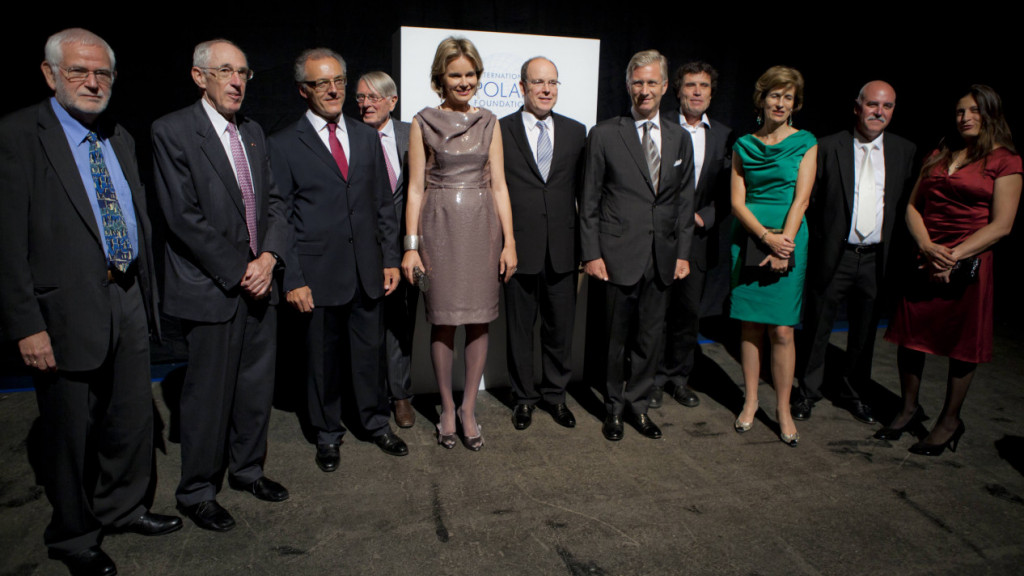IPF Mourns the Loss of One of Its Co-founders, Professor Emeritus Hugo Decleir
The International Polar Foundation is deeply saddened to announce the passing of one of our organisation’s co-founders, Hugo Decleir, an internationally respected glaciologist and Professor Emeritus at the Vrij Universitiet Brussel (VUB).
Professor Decleir had a distinguished career in glaciology, and participated in several expeditions to Antarctica with the Belgian, Dutch, South African and Japanese Antarctic Expeditions. He was also active in Greenland.
He published prolifically, focusing on topics ranging from the mass balance of the Antarctic and Greenland ice sheets, mountain glaciers, paleoclimatology, the contribution of melting glaciers to sea level rise, remote sensing to monitor environmental change, and the cryosphere’s role in the Earth’s climate system.
Passionate about raising awareness and educating the public about the effects of climate change on the polar regions, he would often document his research expeditions in photo and film.
He also had a keen interest in the history of Belgian polar exploration and polar research. He co-authored a number of books, including The Belgica Expedition Centennial: Perspectives on Antarctic Science and History on the centennial of the first scientific research expedition to Antarctica aboard the Belgica in 1897-99, and Roald Amundsen’s Belgica Diary, which related the famous Norwegian explorer’s perspective on the Belgian expedition of 1897-1898, where he served as an officer of the vessel’s crew.
His passion for raising awareness about the importance of polar research compelled him to found the International Polar Foundation in 2002, with Alain Hubert and Professor André Berger.
It was on a trip to the North Pole with Alain Hubert, Professor André Berger and Nighat Amin in 2003 that Hugo first brought up the question of re-building a station in Antarctica for the Belgian research community. He felt that it was time to return to the Antarctic as the Belgian researchers were very competent but relied heavily on the hospitality of other nations. By building a new station, Belgian research would be greatly encouraged and could offer to other nations the possibility to access areas that were very little researched.
This inspired the construction of the Princess Elisabeth Antarctica, the world’s first zero emissions polar research station. Hugo proudly took part in the inauguration of the station in February 2009 and was much moved to see the realization of his wish.
He also served on the jury of the Baillet Latour Antarctica Fellowship, which provided a 150,000 Euro prize to young polar scientists conducting research in the vicinity of the Princess Elisabeth Antarctica. He was always a source of inspiration and encouragement to the younger generation of scientists and he will be fondly remembered by many.
Our sincere condolences go to his family, his friends and his colleagues in the polar research community.

